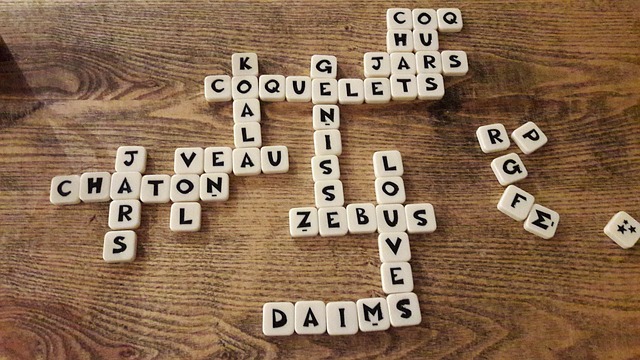
French essential key expressions, idioms and verbs
To add to our previous lists of expressions published in our Free eMagazine French Accent Magazine where we provided some “do’s” and “don’ts” of typical mistakes that frequently result from making a direct and literal translation from English to French, we have come up with an additional list. These common errors are what differentiate a French native speaker from a...Read More
How to Use the French Accent Marks
How to use French accent marks, on which letters, how they affect pronunciation… This is certainly one the mysteries of the French Language that usually puzzles many students who speak a language in which accents do not exist! And yet, they are very important as they definitely change the pronunciation of the words, and can even change their meaning. We also give a few...Read More
Gender in French – Masculin ou féminin ?
One of the major challenges that drives many of our students crazy is that every noun has a gender in French! It has a to either masculine (masculin) or feminine (féminin). Globally, there is no specific reason for it; the determination of its gender depends very much on its origin, with the suggestion that the word refers to something which is supposed to be more masculine or...Read More
Future Tenses in French – Future Proche, Future Simple, which one to use
The future in French can be expressed in three different ways – le futur proche (aller + infinitive form of the verb), le futur simple or even at times with le présent. The choice depends mostly on whether you are talking about a planned event which will definitely take place; or whether you are thinking about something that could eventually take place one day; or if your...Read More
How to say Good, Better, Best and Well in French
This article has been published first in our FREE eMagazine. To receive the magazine for Free, click here: French Accent Magazine subscription C’est bon ? Non, c’est meilleur ! If you’re learning French, I know that you’ve asked yourself, more than once, should I be saying bien or bon? The same type of question comes up in trying to choose between meilleur or mieux. It is...Read More
French Grammar Points – Passé composé vs Imparfait
The passé composé versus the imparfait ! When studying French, everyone needs to spend some time going over the tricky relationship between these two main past tenses. Instead of trying to figure out how they translate exactly into English grammar terminology (it doesn’t work in many cases), it is better to understand how and when they are used in French. First, it is important...Read More
French Grammar Points – French Reflexive verbs
Reflexive verbs (also called pronominal verbs – verbes réfléchis or verbes pronominaux in French) play an important role in the French language. They have a particularity: these verbs are always accompanied with a reflexive pronoun. These reflexive pronouns technically mean “myself”, “yourself”, “himself”, “ourselves”, “themselves”. I. What are the use, the form and the types...Read More
French Grammar lessons – C’est vs Il est
C’est vs Il est, Which one to Use? Don’t you find it puzzling when you hear a French person using c’est about a person? For instance: c’est un Anglais – il est avocat (he is an English man, he is a lawyer). As you probably already know, c’est means “this/it is” so why not use il est or elle est ? Well, we just have to accept that when...Read More
French grammar points – Depuis, pour, pendant, dans, en, ça fait… which one do I use?
How long have you been studying French? I’ve been taking lessons for 5 years and I went to a French language school every week for 1 year! How do you translate this simple question and reply without getting into a muddle? As you learn French, you will discover the “temporal prepositions” (pour, pendant, il y a, ça fait, etc…) and you will notice that they are used quite differently in...Read More

